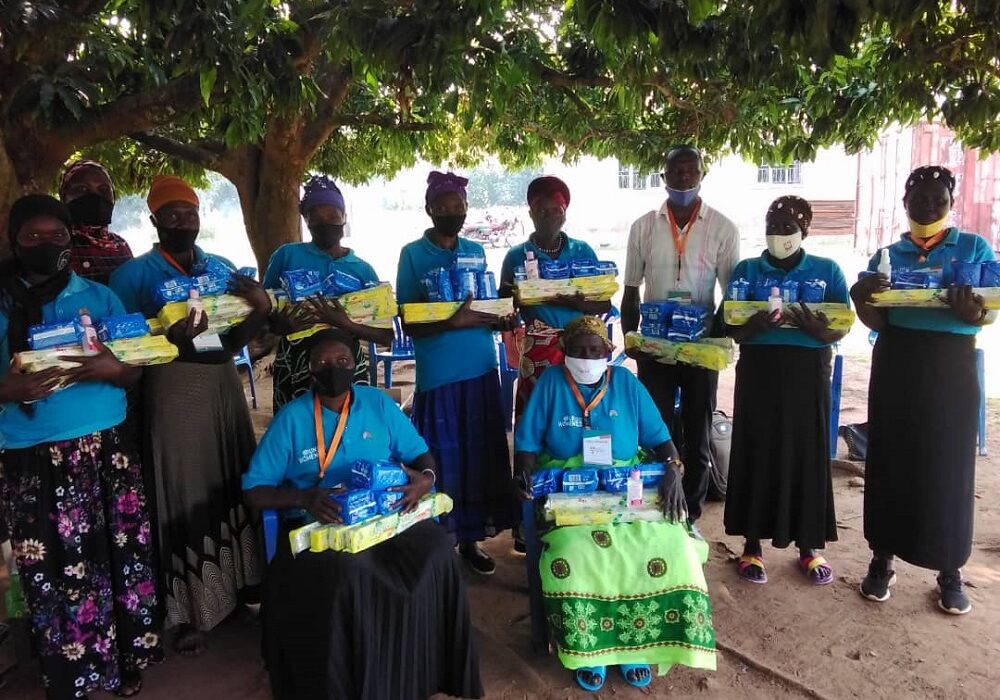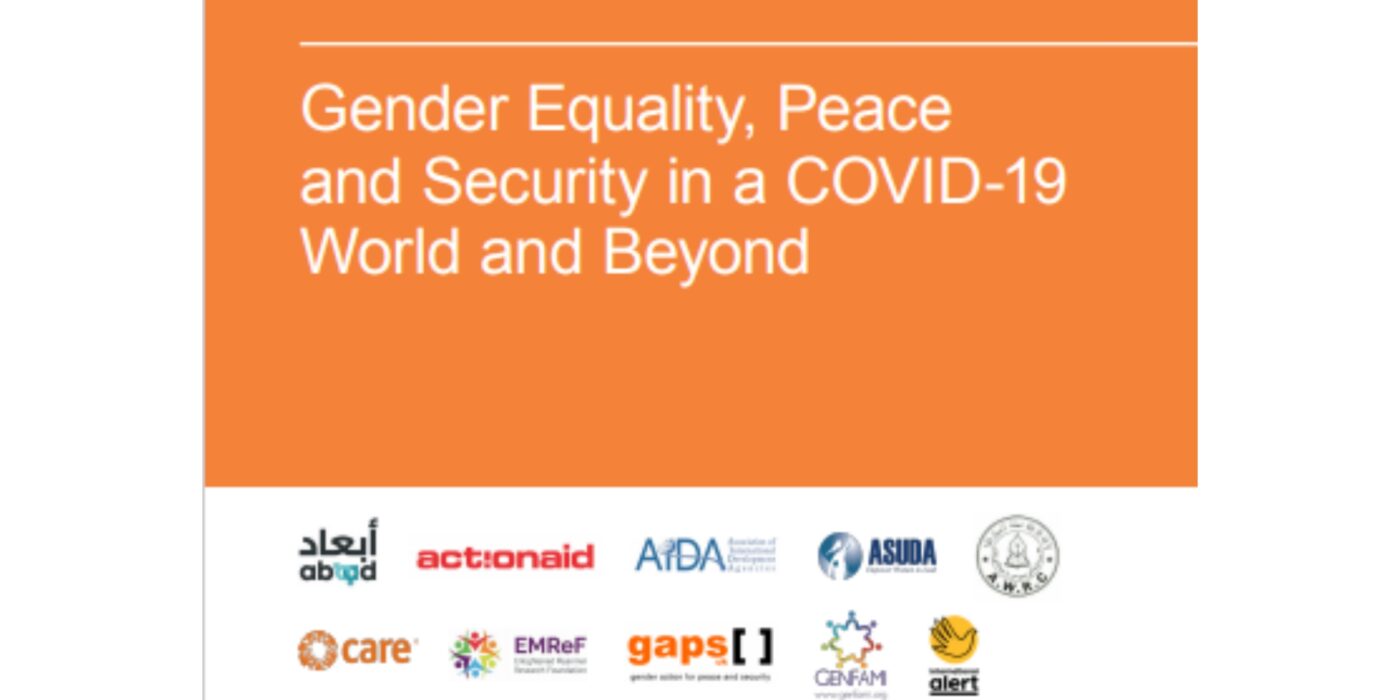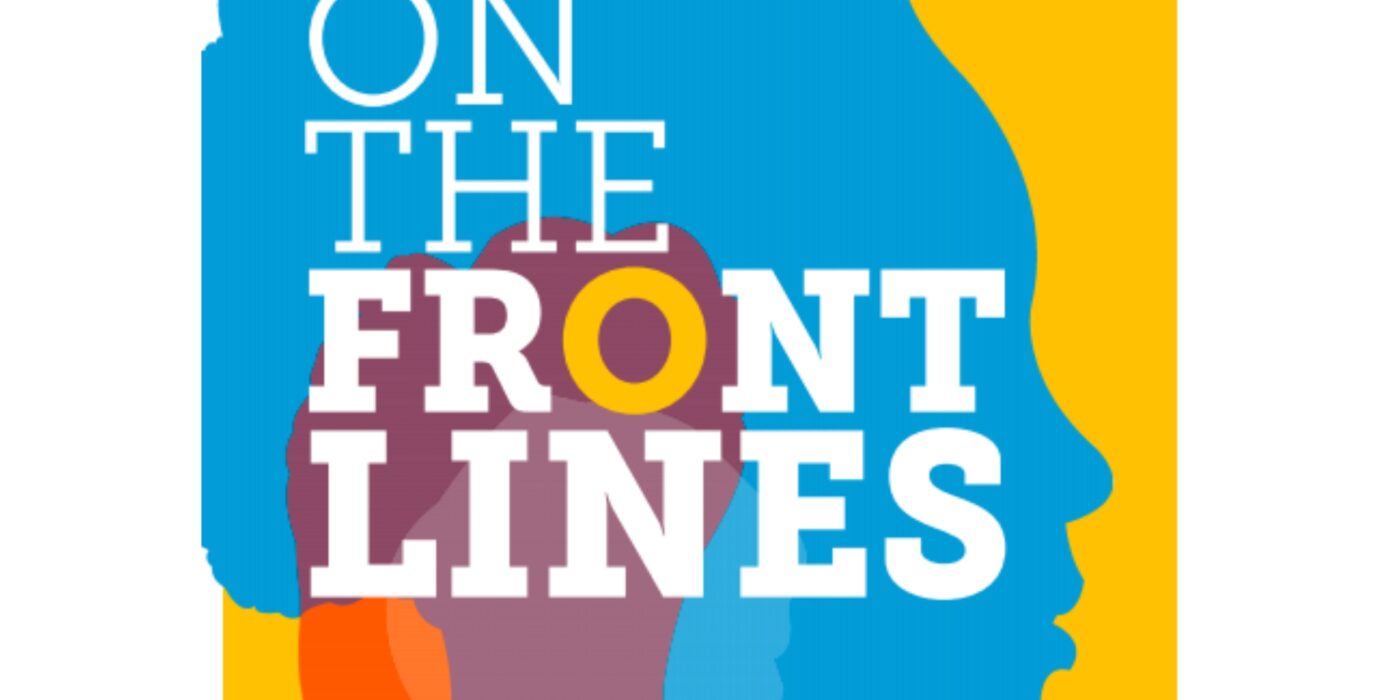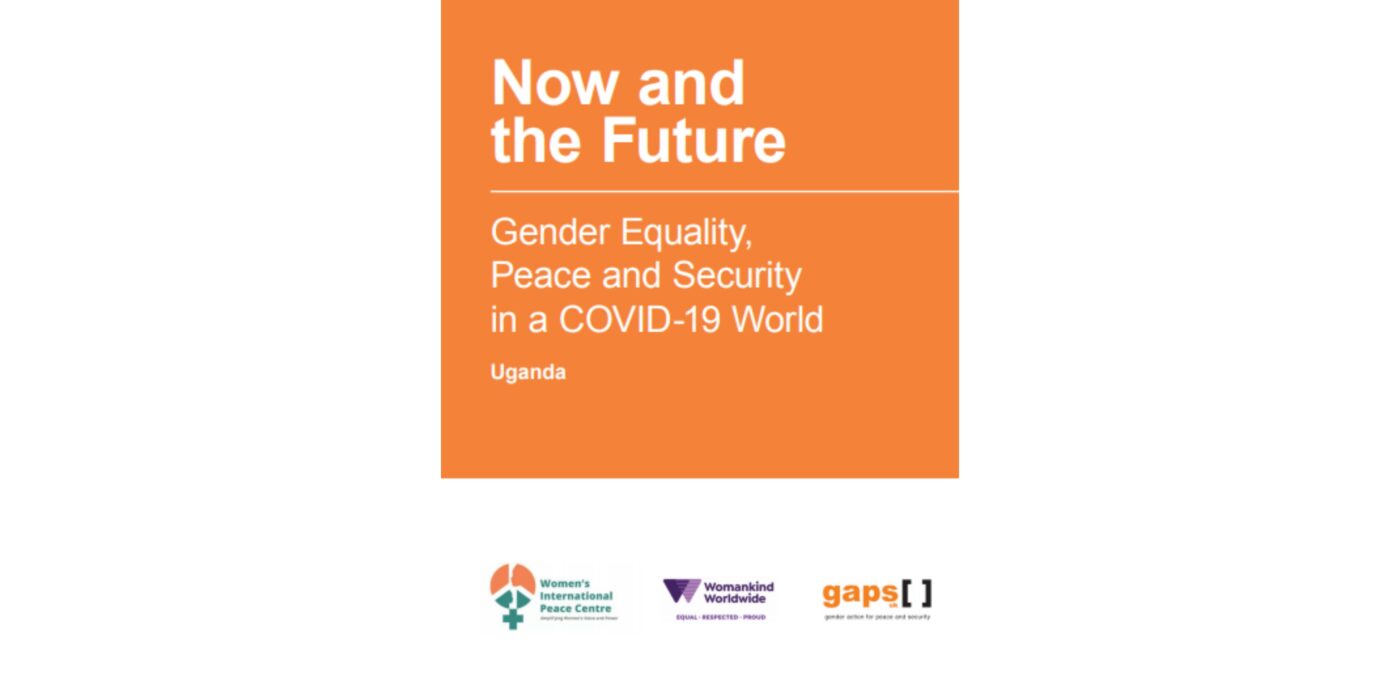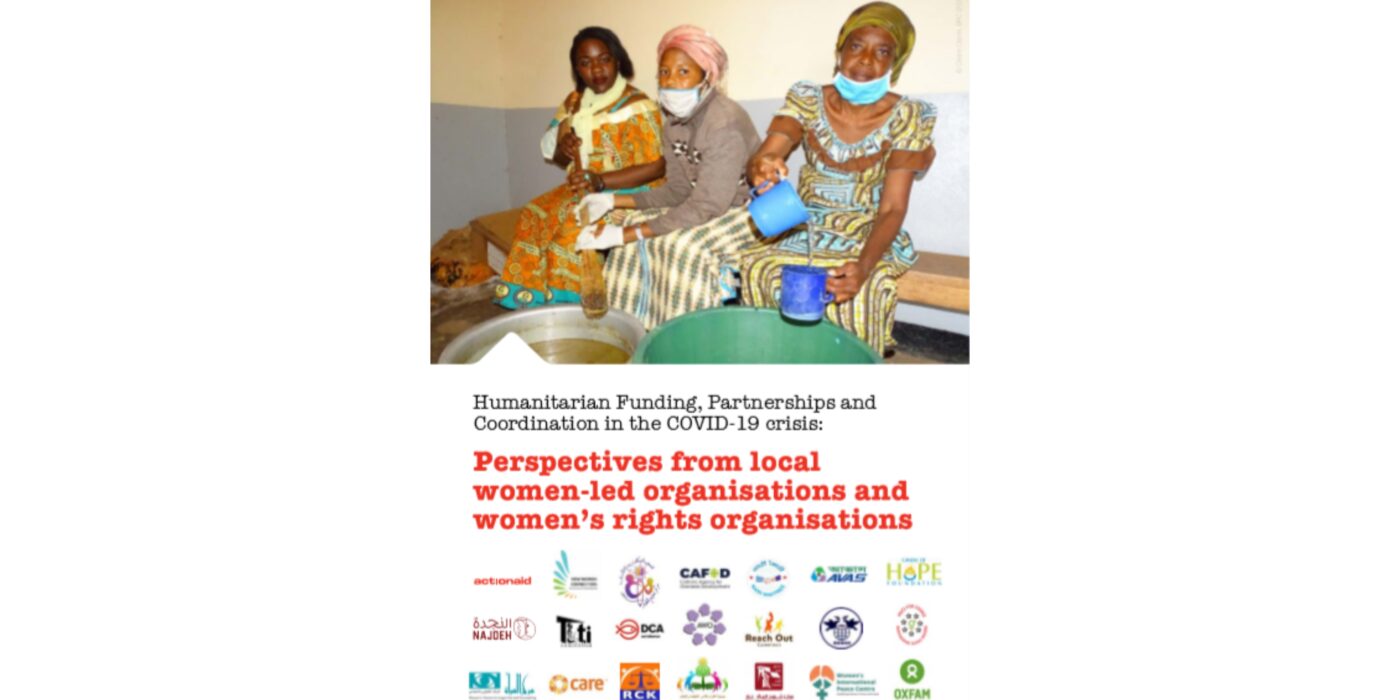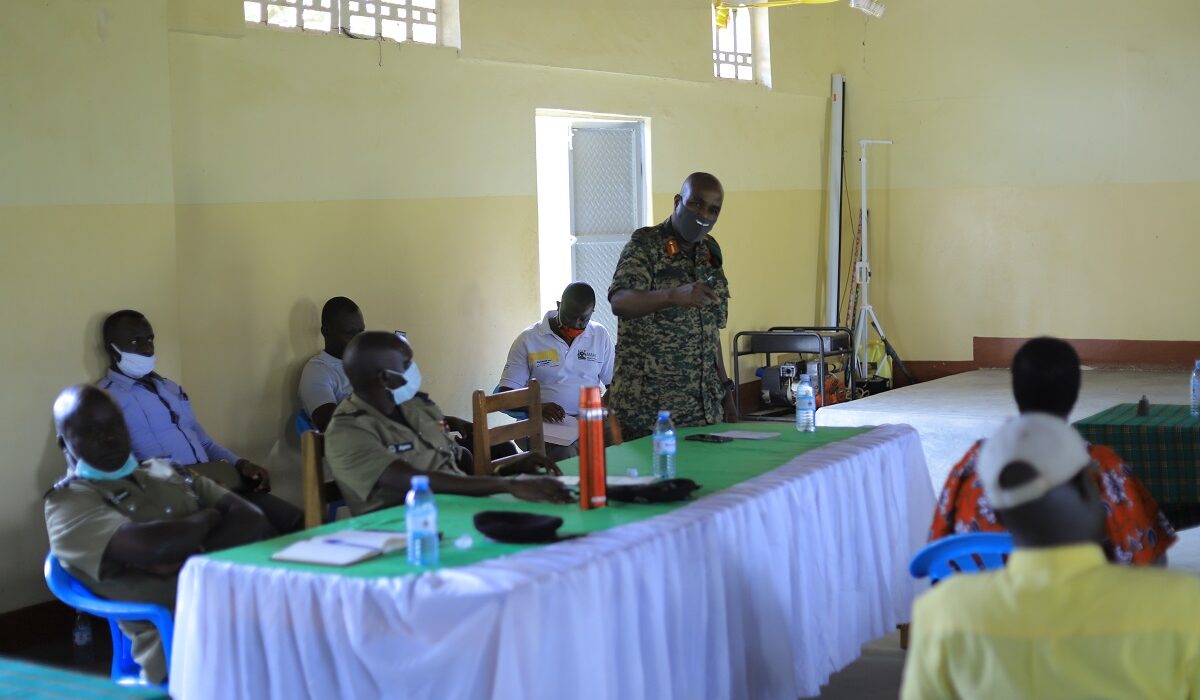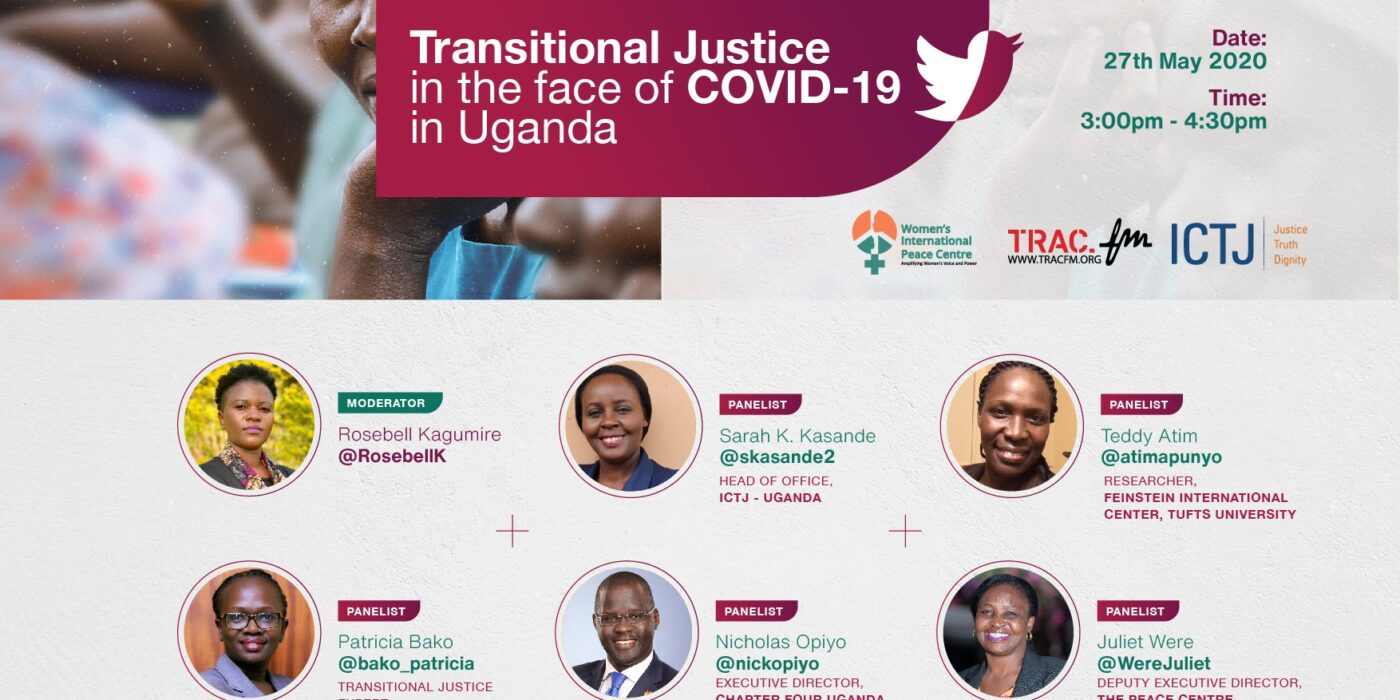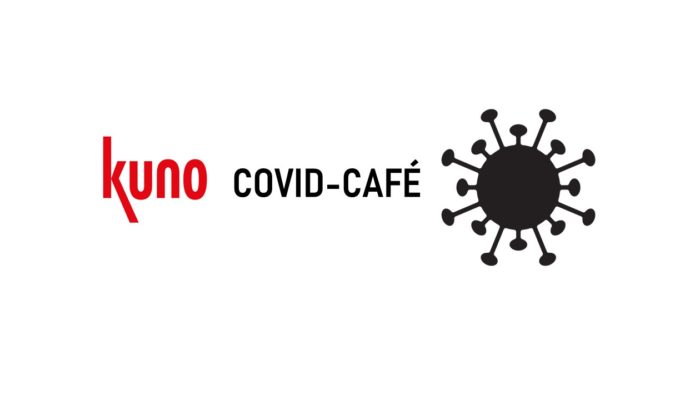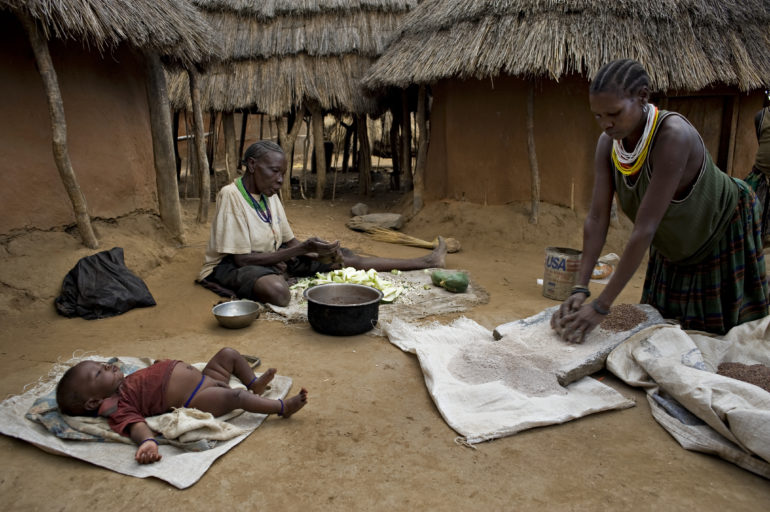The June 2019 National Transitional Justice Policy provides a framework to guide formal and informal justice processes that address the justice, accountability and reconciliation needs in post-conflict situations with the aim of promoting national reconciliation, peace and justice. Through a 6-month radio campaign, the Peace Centre and partners ICTJ-Uganda, AYINET, RLP, FIDA-Uganda have partnered with TracFM to collect real-time data from citizens using polls on the themes of the Transitional Justice Policy. Through radio talk shows, citizens discussed their conflict experiences, the lingering impact of human rights violations, efforts of different actors and appropriate measures for recovery, reconciliation and redress for victims and war-affected communities moving forward. This was structured to align with the strategic priorities and key cross cutting issues in the policy.
As part of the ongoing campaign, on the 27th of May, 2020, Women’s International Peace Centre working with the ICT J-Uganda and Track FM organized a tweet chat to examine the impact of COVID-19 outbreak, response and containment measures on Transitional Justice efforts as well as how it affects the lives of victims and survivors primarily in Northern Uganda.
The tweetchat was moderated by Rosebell Kagumire, @RosebellK, a Pan African Feminist, and Editor AfricanFeminism.com, a platform that documents narratives and experiences of African women on the continent and in the diaspora.
With a panel of Transitional Justice experts including Teddy Apunyo, a Researcher with more than 15 years’ experience working as a practitioner in humanitarian emergencies and post conflict settings. Bako Patricia, a Lawyer by training who is enthusiastic about criminal justice with an international and national perspective, human rights and international Law. Sarah Kihika Kasande Head of Office -Uganda, International Center for Transitional Justice and an Advocate of Courts of Judicature in Uganda. Nicholas Opiyo a Human Rights Lawyer and the Executive Director of Chapter Four a civil rights organization that provides research, advocacy and outreach services to influence laws, policies and practices in the interest of civil liberties and human rights. And Juliet Were, Deputy Executive Director, The Peace Centre, a Feminist Researcher who has conceptualized and coordinated studies on Governance, Peace and Security; Women’s Health issues in DRC, Liberia, Sierra Leone, Burundi and Nepal.
The tweet chat created awareness about the campaign, shared different views and involved more people in the discussion about Transitional Justice. More than 7,000 social media users were able to interact with the hashtag. Incase you missed this timely discussion you can look it up under #TransitionalJusticeUg


